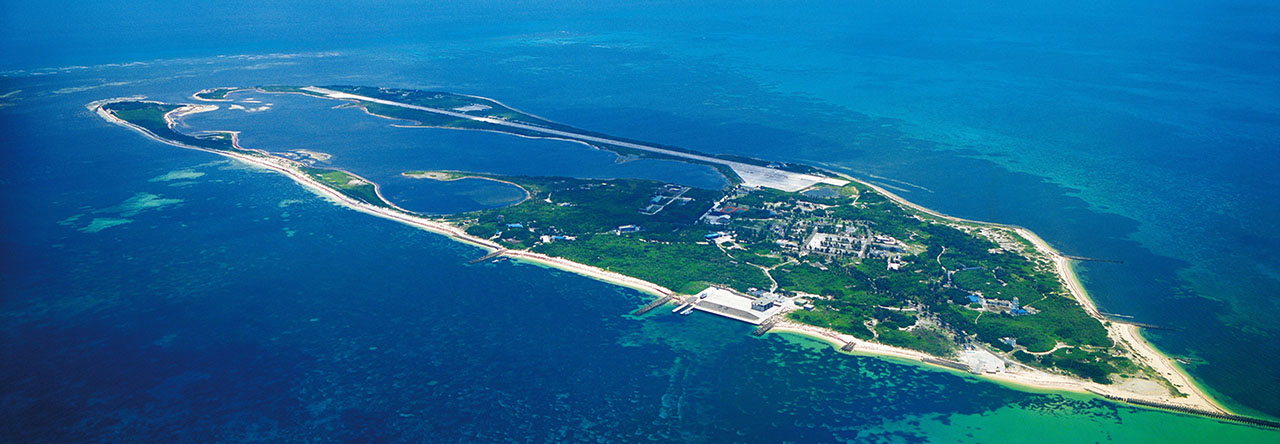Maritime disputes have emerged as major potential flashpoints in the Asia-Pacific region. The tense confrontations that have threatened regional security and stability are fueled by the complex historical relationships between countries, disagreement over maritime sovereignty issues, divergent understandings of international law, and many countries’ relentless pursuit of their national interests. Yet oceans need not be a source of regional tensions. On the contrary, these vast maritime expanses provide opportunities for cooperation among all relevant stakeholders. Oceans are crucial to international trade, global development, and human wellbeing and will play an increasingly significant in the global economy in the future.
To broaden our knowledge of the relationship between regional maritime and global economic issues, Taiwan Center for Security Studies (TCSS) hosted the International Conference on Maritime Challenges and Market Opportunities: “Facilitating Cooperation in the Asia-Pacific” on August 29–30, 2017, which was attended by domestic and foreign participants from academia and industry. In addition to maritime security and geopolitical issues, the conference also explored other key topics related to maritime affairs, including the sustainability of the ocean economy, fishing, shipbuilding, maritime energy (e.g. tidal power, offshore wind energy), seabed resources, emerging blue-water technologies, maritime startups, marine environmental protection, marine tourism, and the oceanic cultural and creative industries.












